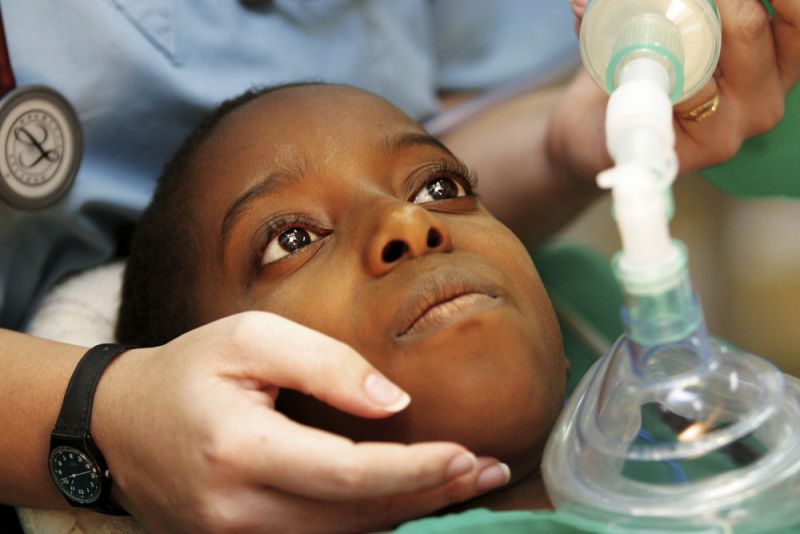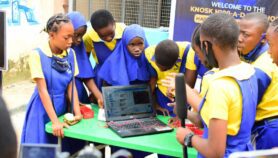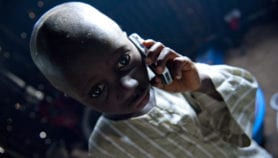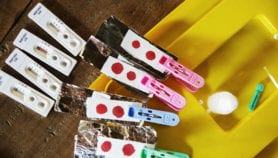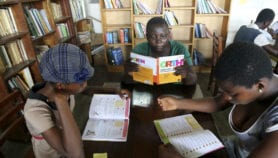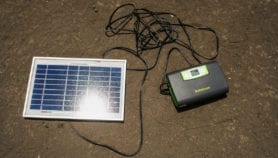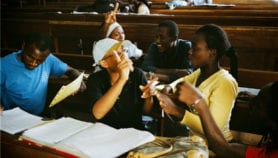By: Samuel Hinneh
Send to a friend
The details you provide on this page will not be used to send unsolicited email, and will not be sold to a 3rd party. See privacy policy.
A portable heart diagnostic invention has won its developer — Cameroonian Arthur Zang — Africa prize for engineering innovation.
Zang was selected last week (26 May) in Tanzania among 12 entrepreneurs who have developed engineering innovations in fields such as agriculture, health and renewable energy to tackle development challenges on the continent, according to the UK’s Royal Academy of Engineering (RAEng), organiser of the competition, now in its second year.
“The Cardio-Pad should allow quick, low cost, cardiac illness detection and monitoring in rural villages and towns.”
Malcolm Brinded, Shell Foundation
Cardio-Pad, Zang’s innovation, which won him the £25,000 (about US$ 36,500) prize, is a device that helps medical professionals, especially those in rural communities, diagnose heart problems and send the results through mobile phones to heart surgeons for interpretations.
Twelve finalists from Burkina Faso, Cameroon, Ghana, Kenya, Nigeria, South Africa, Tanzania, Uganda and Zimbabwe were shortlisted from 58 applicants, the RAEng adds.
On the day of the award, four short-listed finalists pitched their innovations to a team of judges, and a live audience selected their best engineering innovations by voting.
"This award has allowed me to measure myself against the best engineers in Africa. I was pushed to the limits, and it has made me a better scientist and a better entrepreneur," Zang says, in a statement published by RAEng last week (27 May).
The 12 finalists received six months of training and mentoring from business development and engineering experts, says RAEng,
The prize encourages ambitious, talented Sub-Saharan African engineers to apply their skills to develop scalable solutions to local challenges, says Moses Musaazi, a judge of the competition, who also is a senior lecturer at Makerere University and managing director of Technology for Tomorrow Limited, Uganda.
Malcolm Brinded, head of the judges and chair of the Shell Foundation, adds: “The Cardio-Pad should allow quick, low cost, cardiac illness detection and monitoring in rural villages and towns, addressing a huge African health challenge,” adds.
The engineering innovations that were voted as runners-up are a device developed by Eddie Aijuka from Uganda that prevents electricity theft by alerting authorities and cutting of power supply, a web-based tool created by Kenyan Felix Kimaru that provides life-saving advice to mothers and pregnant, and a tool developed by Matt Wainwright from South Africa that boosts rural electrification and cuts energy costs.
Each runner-up received about US$14,500.Emmanuel N. Angmor, a lecturer at the Faculty of Development Studies, Presbyterian University College, Ghana, welcomes the innovations, and urges African governments to boost their scale-up for economic development.
This piece was produced by SciDev.Net’s Sub-Saharan Africa English desk


